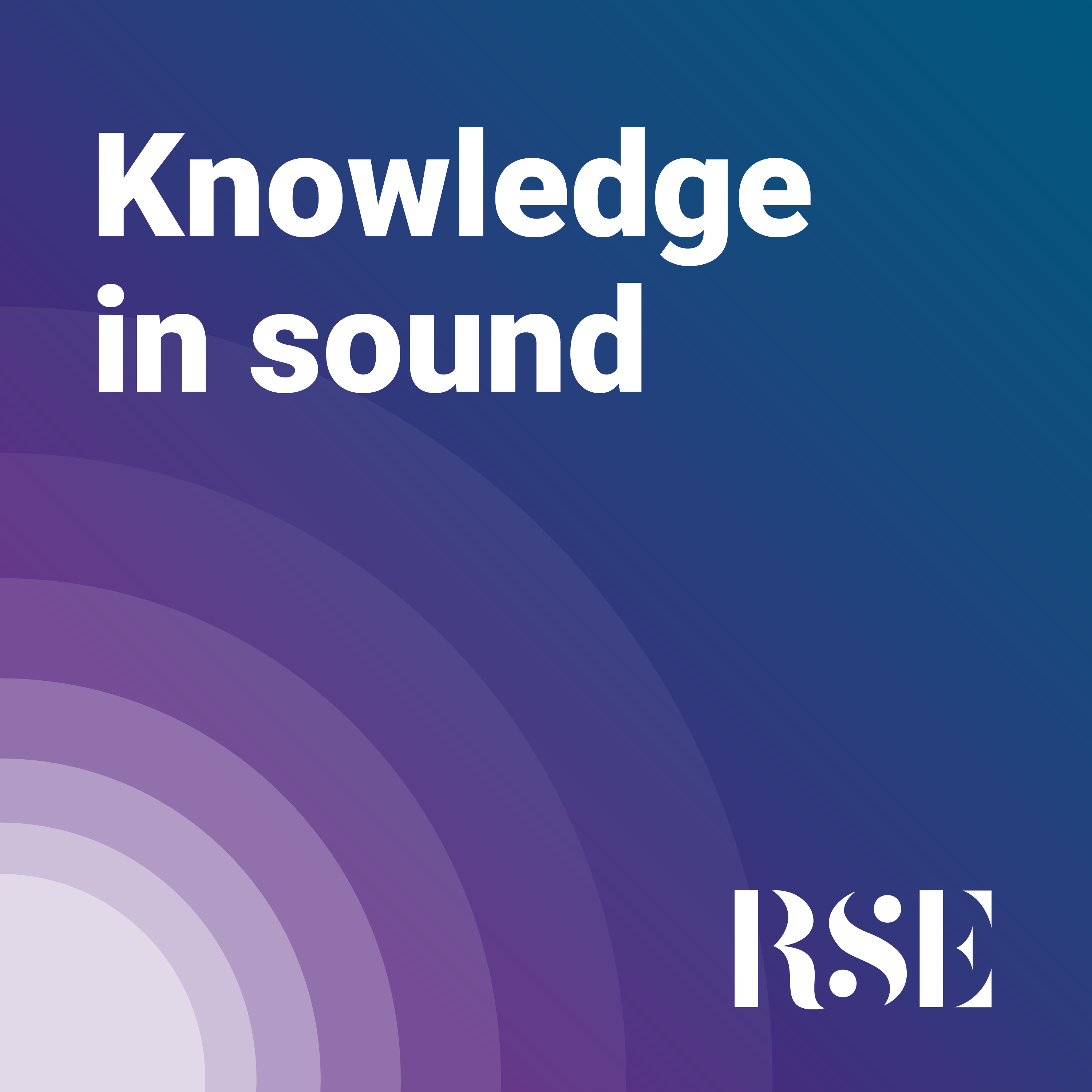Episode Transcript
Chances are that this article that you are reading arrived on your phone or computer encoded on light pulses of different colours, sent blazing across the Atlantic ocean floor through several thousand miles of deep-sea fibre-optic cables.
Light is the perfect information carrier—it can circle the globe 7 times in a second, and can carry vast amounts of information encoded in its many properties, such as its wavelength (colour), spatial structure, or time. Over the past twenty years, the use of such encoding methods in modern telecommunications systems has led to dazzling improvements in data transmission rates. While this is clearly evident in our daily consumption of streaming videos and internet traffic, it also lies at the heart of modern society—playing a key role in everything from banking and finance to critical government infrastructure.
Our ability to encode information on individual quantum particles of light (photons) is revolutionising how we transfer and process information today. Quantum cryptography promises unconditionally secure encryption based purely on the laws of physics. In other words, its security is based on a physical principle that forbids us to perfectly clone a single quantum particle, instead of a (very) complex algorithm that could be broken by a powerful enough computer. In parallel, quantum computers that use photons (currently in competition with ions and superconducting circuits, to just name two other platforms) are expected to lead to a paradigm shift in computing.
A global network of interconnected quantum computers—a quantum internet—is a tantalising idea. In addition to providing society with a secure communication infrastructure, it could help us address pressing global challenges such as climate change and accelerate the discovery of new materials and drugs. However, quantum technologies today are at an early development stage—think of the telegraph versus modern cell phones. Quantum communication systems based on quantum versions of bits, or qubits, are strictly limited in how much information they can carry. As quantum networks grow, they will be unable to keep up with the data demands of a global society. In addition, quantum states of light are notoriously fragile, and their “quantumness” (as captured by properties such as coherence and entanglement) is easily destroyed in a realistic environment, which includes effects such as noise or loss.
The emerging field of high-dimensional quantum technologies harnesses the structure of light in space, time, and colour to encode vast amounts of information on a single photon in a noise-robust manner. This is similar to how modern telecommunications systems use light pulses with different colours to increase their information capacity. However, the quantum version requires precise control over these properties at the level of an individual quantum particle, which can be quite challenging to achieve. Even more so, uniquely quantum effects such as entanglement become highly complex in this regime, involving photons entangled in multiple shapes or colours.
Scientists around the world are working hard to develop ways to generate and manipulate such high-dimensional quantum states of light. The payoff from being able to do so will be huge: noise-robust, ultra-secure quantum communication networks that maximise the information capacity of a single photon—the internet of tomorrow!
Professor Mehul Malik is Professor of Physics in the School of Engineering & Physical Sciences at Heriot Watt University, and a member of the Young Academy of Scotland.
Knowledge in sound is an audio transcription of the Royal Society of Edinburgh's blog series. Featuring in depth analysis and opinion pieces from some of Scotland's leading thinkers. The articles offer personal views on a variety of issues. These views are not those of the Royal Society of Edinburgh and are intended to provide different perspectives on a range of current issues.


